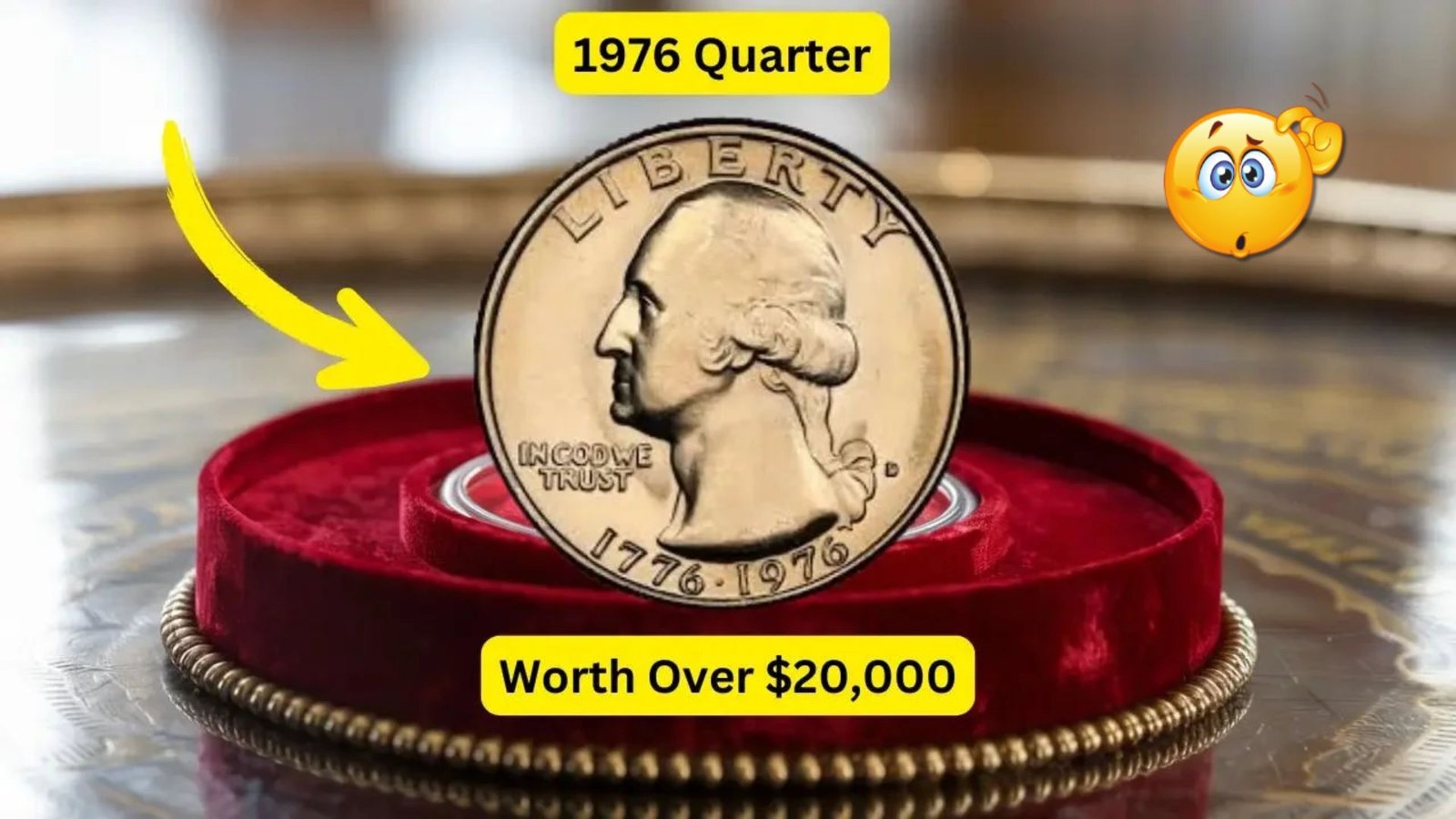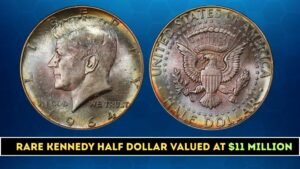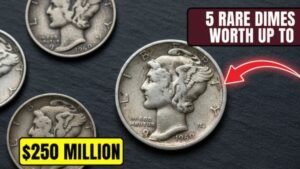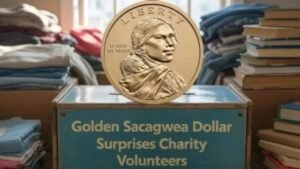Imagine rummaging through your loose change and finding a quarter from 1976 that’s not just pocket money—it’s a hidden treasure worth thousands. The 1976 Bicentennial quarter, a staple in numismatic circles, has rare variants that collectors dream about. In this post, you’ll uncover its history, why some fetch over $20,000, and how to spot one yourself.
What is the 1976 Bicentennial Quarter?
The 1976 quarter is no ordinary coin. It’s the Bicentennial edition, minted to celebrate America’s 200th birthday. Featuring dual dates “1776-1976,” it stands out in any rare coins collection.
Design and Features
On the obverse, you’ll see George Washington as usual. The reverse shows a colonial drummer, Liberty Bell, and torch—symbols of independence. Most are clad in copper-nickel, but silver versions exist for numismatic enthusiasts.
The History Behind the Coin
Production kicked off in 1975, with over 1.6 billion minted across Philadelphia, Denver, and San Francisco. These quarters marked the first design change in decades, honoring the nation’s bicentennial. San Francisco produced special silver ones, adding to their allure in rare coins history.
Why Some 1976 Quarters Are Worth a Fortune Today
While common 1976 quarters are worth face value, rare ones skyrocket due to condition, composition, and errors. High-grade silver editions or mint mistakes turn them into numismatic goldmines, especially as collectors hunt for pristine pieces.
Rare Variants and Their Values
The 1976-S silver quarter in top condition can hit nearly $20,000. Error coins, like those struck on wrong planchets, add excitement and value to any collection.
| Variant | Description | Top Sale Price | Year Sold |
|---|---|---|---|
| 1976-S Silver MS69 | 40% silver, pristine condition | $19,200 | 2019 |
| 1976-D Clad DDO MS66 | Doubled die obverse error | $8,400 | 2023 |
| Double Denomination on Dime | Struck on dime planchet | $9,200 | 2020 |
| 1976-D Clad MS68 | High-grade regular strike | $6,463 | 2017 |
How to Identify and Benefit from a Valuable 1976 Quarter
Spotting a gem involves checking mint marks and condition. Sell through auctions or dealers to cash in, or add to your numismatic portfolio for long-term growth.
Engaging with Rare Coins
Join coin clubs or online forums. Hunting bank rolls could uncover a 1976 quarter worth thousands—turn hobby into profit.
Notable Facts and Statistics
Over 860 million Denver-minted quarters exist, yet only a few reach MS68 grade. San Francisco’s silver mintage? Just 11 million uncirculated. Error rates are low, making them prized in rare coins markets.
Expert Tips for Coin Collectors
Magnify for doubling on “LIBERTY” or odd sizes. Store in holders to preserve value. Get professional grading from PCGS or NGC for accurate appraisal.
| Common Error | How to Spot It | Potential Value Boost |
|---|---|---|
| Doubled Die Obverse | Doubling on inscriptions | Up to $8,400 |
| Wrong Planchet | Smaller size, compressed design | $2,500–$9,200 |
| Labeling Error | Incorrect mint mark on holder | Around $1,900 |
Frequently Asked Questions (FAQs)
What’s the rarest 1976 quarter?
The 1976-S silver in MS69 grade tops the list.
How do I know if my 1976 quarter is silver?
Weigh it—silver ones are heavier at 5.75 grams.
Can I find one in circulation?
Yes, but rare. Check change or old jars.
Why are errors valuable?
They’re unique mistakes, appealing to numismatic collectors.
Where to sell a valuable 1976 quarter?
Try Heritage Auctions or local coin shops.
Conclusion
In wrapping up, the 1976 quarter isn’t just history—it’s a potential windfall hidden in plain sight. Whether you’re a seasoned numismatic pro or casual hobbyist, start checking those rare coins today. Share your finds in the comments, or explore more bicentennial treasures. Who knows? Your next quarter could be worth over $20,000!




